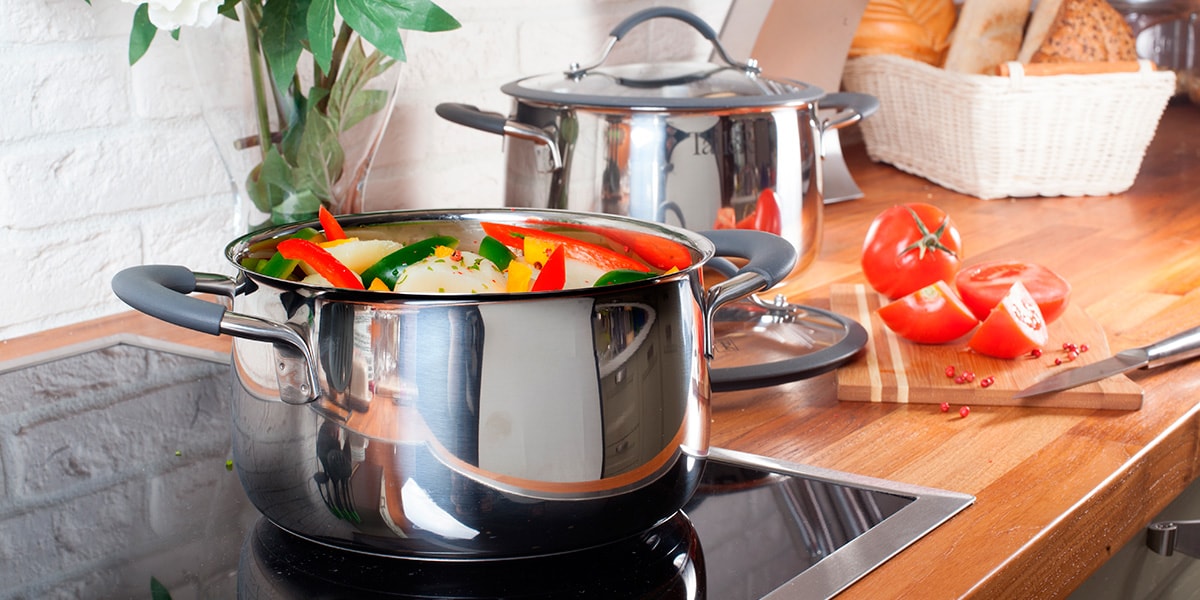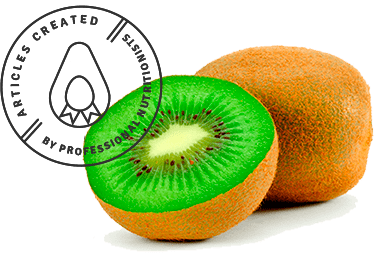What happens to food when it is cooked?

Cooking and preparing food requires time, some level of culinary skill and dedication, but also knowledge of how to cook food, without losing it’s nutritional properties.
It's important to know what happens to food when we cook it, because certain foods when subject to high temperatures, can lose their nutritional properties and characteristic texture, colour, taste and smell.
In general we can classify a food according to the food group that it falls under; carbohydrates, fats, proteins, vitamins or minerals.
Cooking food can modify these nutrients. Carbohydrates are the least damaged when cooked, as they are most stable in heat. In contrast, a chicken breast can have it’s nutrients altered, depending on how it is cooked. Fried chicken has fewer nutrients to grilled chicken, for example.
Protein is better digested when cooked, therefore protein does not undergo nutritional modification, but changes at the structural level. In contrast vitamins and minerals, depending on the method of cooking, will either lose nutrients or mostly keep their nutrients intact. Vitamins from your veggies can be lost if over cooked. Certain vegetables like carrots and celery are better eaten raw.
There are also water-soluble vitamins and minerals, that can become dissolved in water. Therefore, it is better not to boil vegetables. It’s better to steam vegetables to help protect the vitamins and minerals, or submerge them for no more than 3 minutes, to keep the vitamins and minerals intact.
Over cooking food and not paying attention to cooking times will lead to nutritional losses and damage the texture and flavor of food. The best cooking methods that favor the conservation of nutrients are using the grill, oven or stewing.




